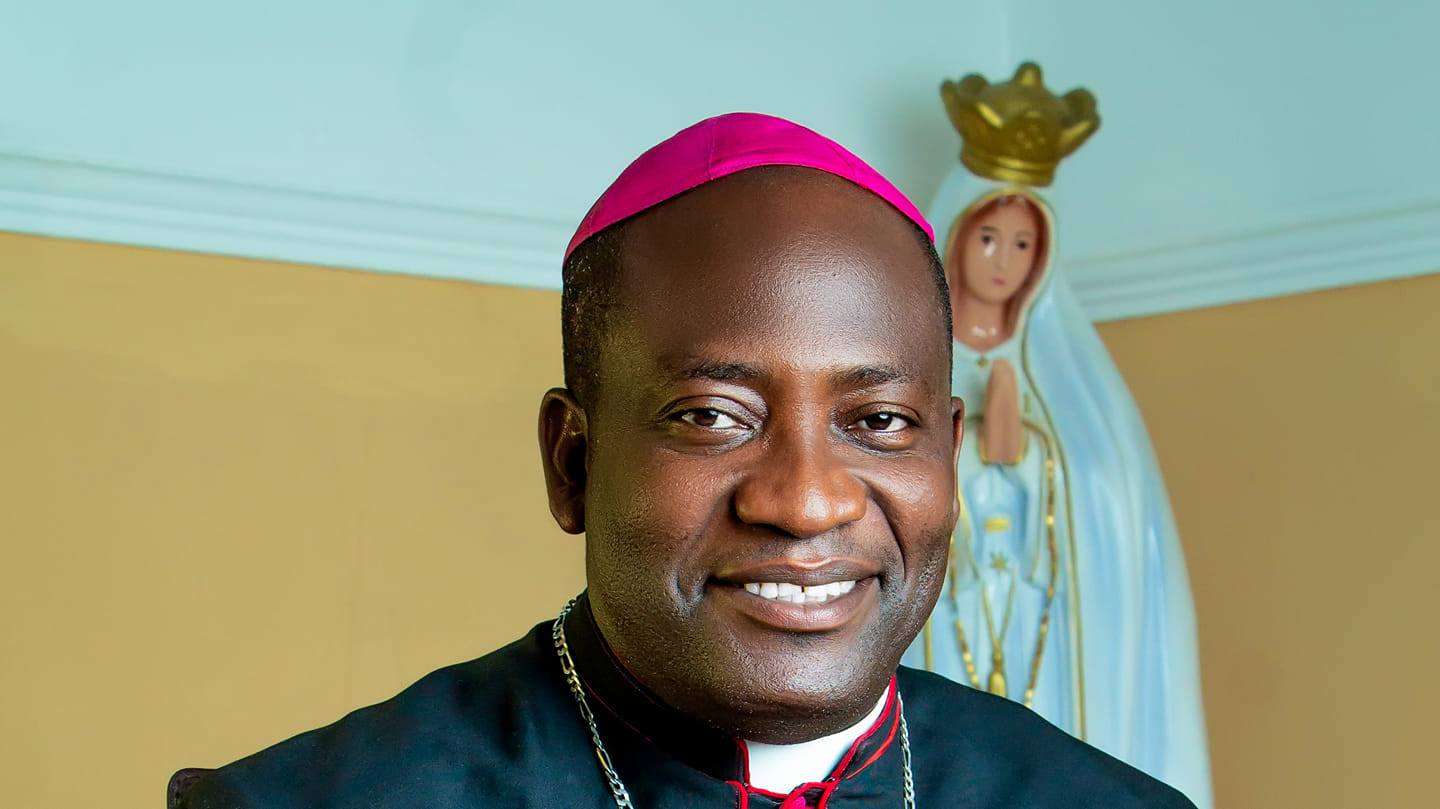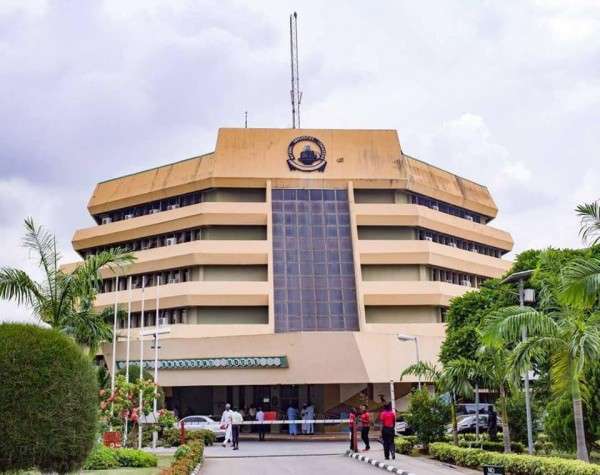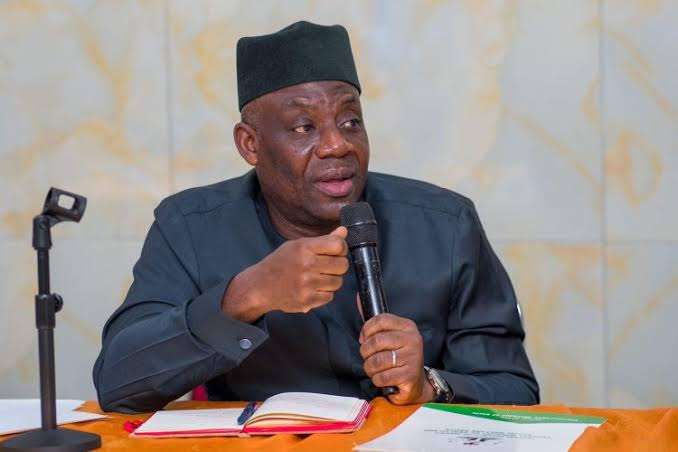The Merck Foundation has reaffirmed its partnership with African first ladies to advance initiatives focused on girls’ education, healthcare access, and economic empowerment in the continent.
The foundation’s CEO, Senator Rasha Kelej, joined first ladies from about 30 African nations to review progress and chart a course for future impact at the 12th Merck Foundation Africa Asia Luminary co-chaired by the first lady of the Gambia, Fatoumatta Bah-Barrow in Banjul.
Kelej highlighted ongoing programmes that provide scholarships and training for healthcare professionals, support for infertile women, and campaigns against gender-based violence and child marriage.
According to her, the Foundation has awarded more than 2,400 scholarships to doctors and healthcare providers from 52 countries in more than 42 medical, underserved and critical specialties.
She said: “Before our intervention, some countries like Burundi, Liberia, Sierra Leone and The Gambia had no specialists in key fields such as oncology, fertility or ICU care. Patients either had to travel abroad or had no access to treatment at all.
“It’s really an amazing programme and these scholarships have actually transformed the patient care landscape in the public sectors in all these countries.”
Kelej who noted that out of the 2,400 scholarships for healthcare providers the Gambia alone got 94, described it as a transformational number given the small population of the country.
“In partnership with the First Lady of the Gambia, and the rest of the African First Ladies who are our ambassadors as well, we are providing annually, 40 scholarships for high performance to unprivileged girls until they finish their education, and we replace them as soon as they graduate from high school. Of course, there are too many programmes,” she said.
The Chairman Merck Foundation Board of Trustees, Frank Stangenberg-Haverkamp, noted that the Foundation’s long-term goal was not only to train individuals, but to also transform the entire healthcare systems by building sustainable local expertise that reduces medical tourism and saves lives.
Stangenberg-Haverkamp who stressed the need for Africa to urgently build human capacity in healthcare, lamented that the “sweeping shortage of medical and healthcare personnel has been one of the most critical barriers to access quality healthcare across the continent.
“Africa carries 24 percent of the world’s disease burden but has only 2.9 healthcare workers per 1,000 people. Our scholarships aim to bridge this gap. Many of our alumni are now the first specialists in their countries — we are literally making history together.
“We believe that good healthcare can transform the lives of individuals and families across developing countries. Its significance contributes to the economic and social development of any country because healthcare is a major driver of both,” he added.
President of the Gambia, Adama Barrow, reaffirmed his administration’s commitment to placing women and girls at the center of national development.
“We have introduced free education for girls, and we are committed to increasing the participation of women at all levels, whether in Cabinet, Parliament, the Judiciary, or the security services.”
“I want to express my personal admiration for African women who nurture nations, sustain families, and lead with vision and integrity. You embody the strength of the African spirit: resilient, resourceful, radiant and beautiful.”









12 Responses
https://shorturl.fm/gy3cQ
**prostadine**
prostadine is a next-generation prostate support formula designed to help maintain, restore, and enhance optimal male prostate performance.
**sugarmute**
sugarmute is a science-guided nutritional supplement created to help maintain balanced blood sugar while supporting steady energy and mental clarity.
**gl pro**
gl pro is a natural dietary supplement designed to promote balanced blood sugar levels and curb sugar cravings.
**zencortex**
zencortex contains only the natural ingredients that are effective in supporting incredible hearing naturally.
**mitolyn**
mitolyn a nature-inspired supplement crafted to elevate metabolic activity and support sustainable weight management.
**prodentim**
prodentim an advanced probiotic formulation designed to support exceptional oral hygiene while fortifying teeth and gums.
**synaptigen**
synaptigen is a next-generation brain support supplement that blends natural nootropics, adaptogens
**pinealxt**
pinealxt is a revolutionary supplement that promotes proper pineal gland function and energy levels to support healthy body function.
**energeia**
energeia is the first and only recipe that targets the root cause of stubborn belly fat and Deadly visceral fat.
**boostaro**
boostaro is a specially crafted dietary supplement for men who want to elevate their overall health and vitality.
**hepatoburn**
hepatoburn is a premium nutritional formula designed to enhance liver function, boost metabolism, and support natural fat breakdown.